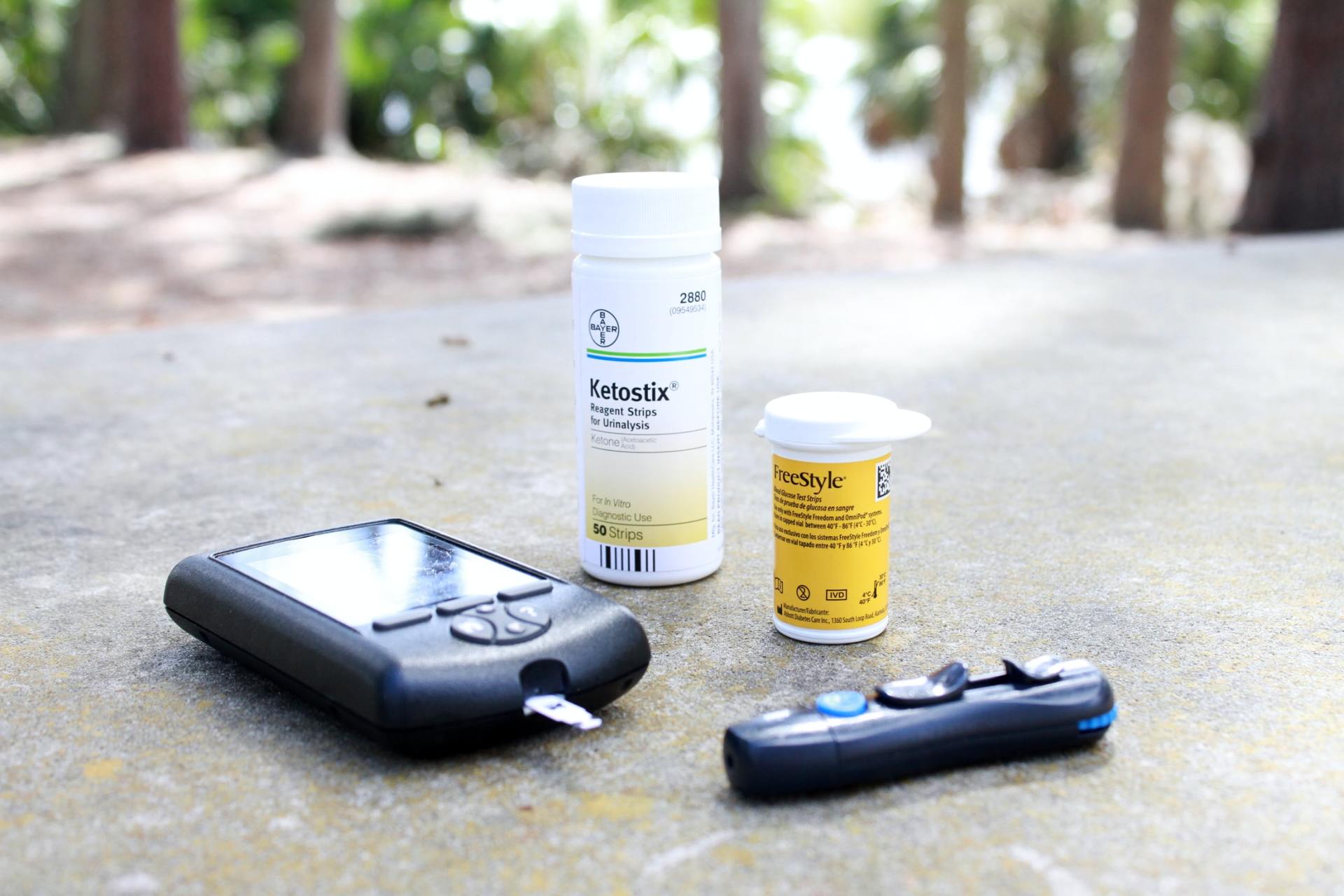In its National Diabetes Statistics Report for 2020, the Centers for Disease Control
(“CDC”) reported a shocking 34.2
million Americans have diabetes. While most Americans are aware of the general dangers of diabetes,
diabetic ketoacidosis (“DKA”), a dangerous and deadly complication of diabetes,
is not as well known. A recent study found that diabetic ketoacidosis killed approximately 835
people in the United States in 2017 and was responsible for 220,340
hospitalizations. Diabetic ketoacidosis is largely preventable, and most will
recover with early treatment. However, a misdiagnosis or delayed diagnosis of
diabetic ketoacidosis can lead to devastating injuries and death.
What is Diabetic Ketoacidosis and How Can it be
Caused by Medical Malpractice?
According to the Mayo Clinic, diabetic ketoacidosis is a
complication of diabetes, most often suffered by those with Type I diabetes.
The condition occurs when an individual’s body cannot produce enough insulin to
help your cells use sugar as energy. In the absence of the insulin, your body
begins to use fat for energy, rather than sugar. The process of breaking down
fat for energy creates a buildup of acids in your blood known as ketones.
Without treatment, diabetic ketoacidosis develops as the bloodstream becomes
more saturated with these ketones.
Common symptoms of diabetic ketoacidosis include:
- Nausea and vomiting;
- Shortness of breath;
- Fatigue and weakness;
- Confusion and inability to think properly;
- Abdominal/stomach pain;
- "Fruity-scented" breath;
- Excessive thirst; and
- High blood sugar
Diabetic ketoacidosis can be triggered by numerous events, including:
- Physical trauma;
- Missed insulin treatments;
- Illnesses; and
- Certain medications, particularly corticosteroids.
Diabetic ketoacidosis can
lead to serious consequences, including acute kidney damage, low blood
pressure, heart attacks, coma and death.
Sometimes, medical providers misdiagnose diabetic ketoacidosis for other illnesses and diseases, such as the flu
or just a general feeling of unwellness.
This can lead to the prescription of medications and treatments that
could actually increase a patient’s blood sugar and, consequently, that
patient’s risk of developing diabetic ketoacidosis. Other times, medical providers delay tests
that would reveal diabetic ketoacidosis early on, such as blood sugar tests and
blood gas tests, or referral to emergency rooms where intensive treatment can
be provided.
What Should I Do if I or a Loved One
Has Suffered Injury As a Result of a Misdiagnosis or Delayed Misdiagnosis of
Diabetic Ketoacidosis?
You need to contact an experienced personal injury lawyer
immediately. Because injuries caused by
diabetic ketoacidosis involve medical malpractice, they require an
extraordinary amount of investigation.
Your attorney may need to obtain and review thousands of pages of
medical records which will then need to be reviewed by an expert. This is an expensive and time-consuming
process that must begin as soon as possible to determine whether you have a
claim. You also need an attorney with a thorough knowledge of the practice of
medicine and the resources necessary to take the case to trial.
At the Law Office of Alvin F. de Levie, Esq., we have decades of experience handling medical
malpractice claims.
We handle cases throughout Pennsylvania, from Philadelphia
and the surrounding counties to Allegheny County and Centre County, and from
the New York border to the borders of West Virginia and Maryland. If you have suffered an injury as a result of
medical malpractice, please call our firm – 24 hours a day, 7 days a week – at
844-777-2529 (Toll Free) for a consultation.
One of our team members will be in immediate contact with you. We maintain offices throughout Pennsylvania
in Philadelphia, State College and Bellefonte. We are willing to meet any
clients throughout the Commonwealth.






























